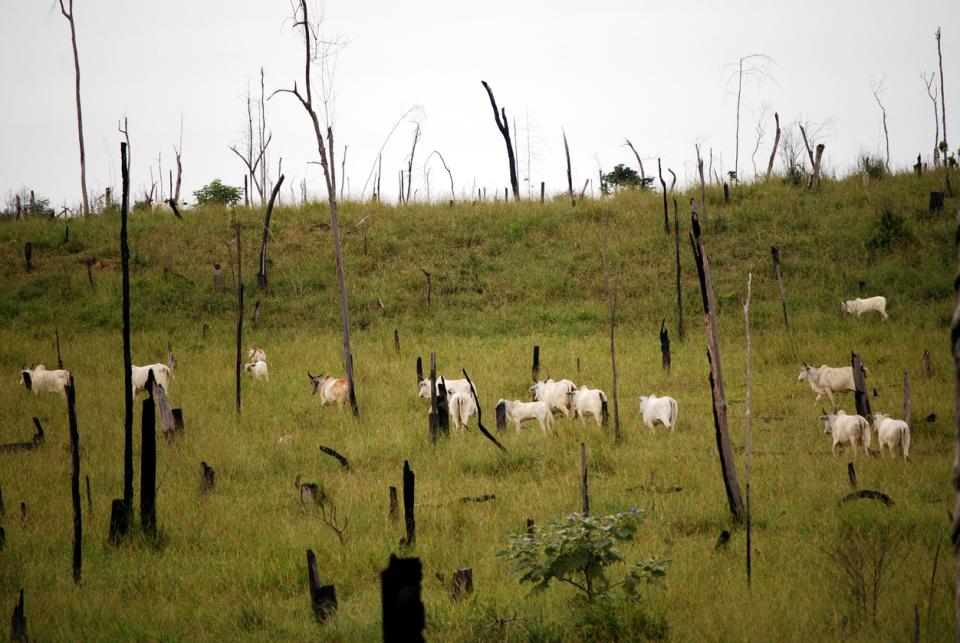Since the 2015 Paris Agreement, thousands of net-zero pledges have been set by companies, investors, countries, states and cities. Now, representing 92 per cent of global GDP, these commitments can collectively bring a 1.5°C world back from life support, but only if they go from intent through integrity to implementation.
There is a long way to go. The explosion of corporate climate pledges, combined with the fragmentation of approaches, has led to “a deficit of credibility and surplus of confusion over emissions reductions and net-zero targets”, according to UN secretary general António Guterres.
- Spotlight collection: a greener future for higher education
- THE podcast: academia and activism
- For the common good: why we need ecological universities
Until recently, gauging the integrity of net-zero pledges has been a guessing game. Some include all emissions; some don’t. Some include short-term targets that will drive immediate action; others don’t. Some are embedded in clear plans and accountable institutions; most are not.
Separating sincere climate plans from ‘blah, blah, blah’
To address this deficit of credibility, the Energy and Climate Intelligence Unit and Oxford Net Zero, an interdisciplinary group of researchers at the University of Oxford, teamed up to form the Tracker consortium with the aim of building a “home page of net zero” that anyone – from policymakers to campaigners, and investors to media – could visit to understand the sincerity of commitments.
The University of North Carolina Chapel Hill’s Data Driven EnviroLab and non-profit research organisation the NewClimate Institute joined us to build the Net Zero Tracker, a platform that uses citizen scientists to gather data and assess the robustness of climate commitments and their potential to drive real and timely decarbonisation.
The engine of our core database is a cohort of around 250 volunteers, mainly made up of students at the University of Oxford. Volunteers come from every corner of the university, from first-year undergraduate to final-year doctoral students. Our stand at Freshers’ Fair is a forum for students to air their climate concerns and offers a route to personal action. Individuals are often diverted to us when their interest in climate action surfaces through their studies, or through involvement with Oxford Net Zero.
Their academic backgrounds are varied – from physical climate science to English literature – but all students share a passion for holding the biggest emitters to account. There’s no criteria for involvement and we provide training on our tracking methodology, as well as the key indicators, and our review process ensures that every target that is reviewed is double-checked by at least one other person. Volunteers work together at in-person “code-a-thons”, or from home, to wade into an ocean of publicly available data, which includes scrutinising the robustness of targets of 200 countries and the world’s 2,000 largest publicly traded companies.
Through our logical assessment framework, more than 50,000 individual data points have been created so far. Media outlets including Time and John Oliver’s Last Week Tonight have reported our findings. And decision-makers, from British prime minister Rishi Sunak to commissioner Caroline Crenshaw of the US Securities & Exchange Commission, have relied on our data.
A passion for personal climate action
We support volunteers’ passion for climate action by helping them to specialise in the types of entities that interest them, such as African cities or Brazilian states. Showing volunteers the impact of their hard work is also key. For that, we host volunteer get-togethers as well as sending out a regular newsletter including updates on how the tracker data is being used across the world, key media coverage, job listings and events that might interest them.
The most common feedback from volunteers is that their knowledge of net zero rises steeply, as do their research skills. They also get that sense of fulfilment that comes with personal action. Some volunteers have even considered changing the direction of their studies or careers after volunteering with us. In the near future, we will be introducing a certification scheme to recognise volunteers for their work. This should open doors for them in the future, given the increasing demand for net-zero literacy in the growing professional climate community and workplaces aiming to be “net zero-ready”.
Over time we expect the standardisation of target-setting to improve comparability. And as regulatory frameworks for mandatory carbon disclosure improve, so too can the speed and accuracy of net-zero tracking. Supported by advancing AI techniques from the Data Driven EnviroLab, our vision is to track commitments as soon as they become available. Through this, we could equip stakeholders with near real-time assessments, helping them to acknowledge good practice and to marshal bad actors to improve target ambition.
Scrutiny of net zero is rising on all fronts and we’re helping students improve their net zero literacy. In an era of increasing uncertainty, misinformation and polarisation, the tracker is evidence of a shift towards the democratisation of science that empowers our student volunteers by giving them a voice on humanity’s defining issue.
Camilla Hyslop is the Net Zero Tracker data lead and a PhD student at the University of Oxford.
If you would like advice and insight from academics and university staff delivered direct to your inbox each week, sign up for the Campus newsletter.




comment